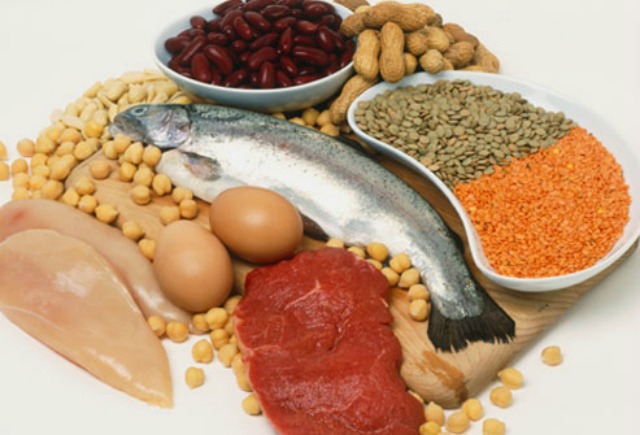Question
Dear Gramps,
I have a question about Doctrine & Covenants 89:14-17. I have always assumed these verses were about the use of grains. Verse 14 says that grain should be the staff of life, in verse 17 it specifies wheat for the use of man. So how do I explain verse 15 that it should only be used in times of famine or excess of hunger. How can it only be used in times of hunger but also be the staff of life. It seems to contradict each other.
If it however does refer to the use of meat (see footnote), is it not a bit odd then, that this verse is in the middle of the subject about grains? To me it seems that this part is according to my knowledge not about meat, because that is referred to in verse 13 as to be used in times of winter or famine. I hope you can help me out here. Thanks so much,
Billy
Answer
Dear Billy,
If you analyze carefully the referenced verses you will find that all progresses logically and is in order. Verse 14 tells us of the ordained use of grains, and indicates that grain is not ordained for the use of man only, but also for the use of beasts, clarified as “beasts of the field,” or domesticated animals, and also fowls and wild animals.
Having brought up the subject of wild animals, the Lord interjects that “these,” the “wild animals” should only be used for food when other sources fail. It is important to note that the word “these” does not refer to grain, but to the immediate grammatical antecedent, “wild animals.”
Again, the pronoun “these” does not refer to meat, but only to wild animals. Now back to verse 13. As the verse is written, with the comma between “used” and “only,” it is possible to infer that “they,” the flesh of beasts and of the fowls of the air” should not be used EXCEPT in times of winter, or cold, or famine. However, that comma was not introduced into Section 89 until 1920, when the Doctrine and Covenants was divided into columns. If the comma were not there, the intent would be that meat should not be eaten only in times of winter, or of cold, or famine, but should be eaten at other times as well. If you look at footnote b in verse 12, it refers to “beasts” and directs us to D&C 49:18-19, we read:
And whoso forbiddeth to abstain from meats, that man should not eat the same, is not ordained of God;
For, behold, the beasts of the field and the fowls of the air, and that which cometh of the earth, is ordained for the use of man for food and for raiment, and that he might have in abundance.
This scripture is in harmony with the concept that meat may be eaten sparingly and with thanksgiving at all seasons of the year.
Gramps






